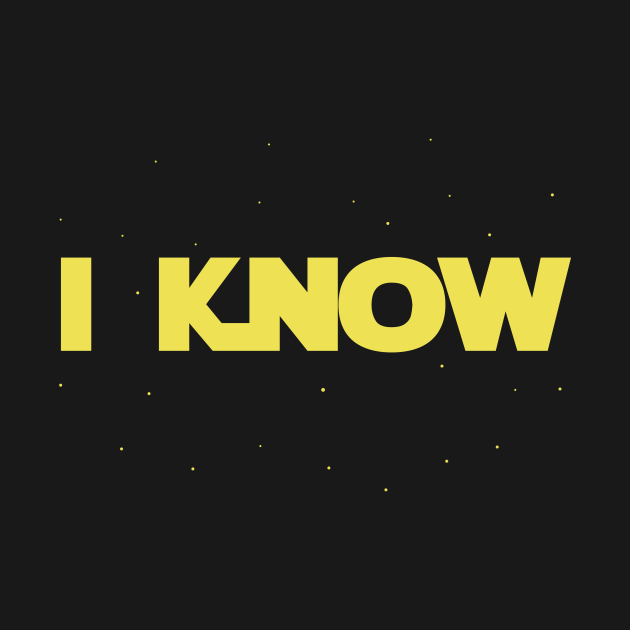

It constitutes a large part of the soundtrack that beginner learners hear when getting around in China. The first phrase that’s likely to pop into your head would be “ ting bu dong”, I bet. We’ll also study the pattern behind these expressions from the perspective of grammar.īuckle up! You’ll learn the ropes pretty fast! The Most Common Way to Say “I Don’t Understand in Chinese”
#I UNDERSTAND HOW TO#
Then, we’ ll look at how to say “I understand” and “I get it now”. So in this article, we’ll look at the different ways to say “I don’t understand” in Chinese and how these expressions are used in practice. We also need to learn the various ways this phrase can be used.

Learning to say “I don’t understand” is actually quite simple, but because of the way this phrase can be used in different contexts, learning its direct translation is not enough. I am exhausted! How should you incorporate them into your English?Īs we mentioned earlier, to become a fluent English speaker it is important to use rich, varied vocabulary, and this includes expressions such as the ones you just learnt! Try to incorporate them, one at a time.One of the first phrases you might want to pick up in Mandarin Chinese is: I don’t understand. My daughter has chicken pox, I was up all night too. In other words, the situation may have happened to you in the past, hence your complete understanding. I know what you meanīy using this expression to show understanding, you are expressing empathy to the interlocutor by sharing that you, too, have felt this way. A holiday would be good to ease the stressĭefinitely. When someone is explaining something to you and you understand what they are saying and are in agreement with them, it is very common to say of course in order to reaffirm that agreement. She expects me to work overtime every day. Often, people just want to be heard and feel that someone understands them. Additionally, it highlights to the interlocutor that you are fully engaged in the conversation and paying attention. Like the last example, “I hear you” can also convey the idea that you are really trying to imagine the situation or event that someone is explaining to you. If it helps, why don’t you take a day off to spend with family? I see where you’re coming from, but you must try to focus while here. I apologise for being late I currently have some family trouble and it has been difficult concentrating at work. You have been late most mornings and not meeting your deadlines.

Hi James, I need to talk about your attitude at work. You are putting yourself in the other person’s shoes and are able to comprehend and acknowledge both the decision or opinion they are communicating and the reasons behind it. Unlike the previous example, this one expresses a more empathetic understanding. Good luck! Maybe we can hang out on Friday. I need the extra time to prepare.Īh, I get you. I have a presentation due the next morning and I’m really nervous about it. Oh, how come? I was looking forward to seeing you I’m so sorry I can’t make it to your birthday party tomorrow Using this in spoken English amongst friends is all very well but perhaps not as suitable in a work environment or in a formal atmosphere, such as during a job interview. This expression is very common among native English speakers and expresses that you have perfectly understood the idea that someone has explained to you.


 0 kommentar(er)
0 kommentar(er)
